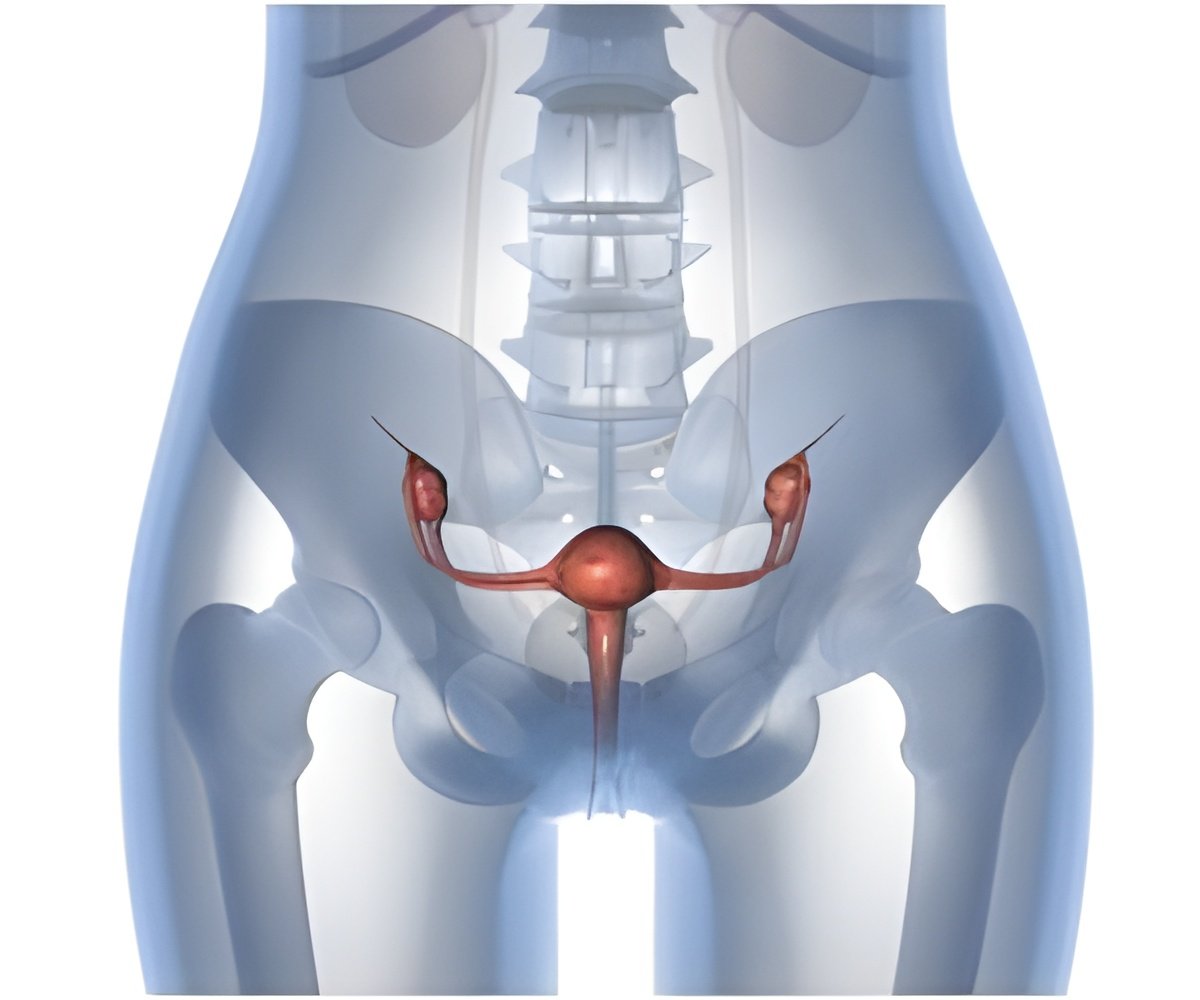
‘Proper interactions of hormones and DNA methylation are critical in normal uterine function. The changes in these interactions that are seen could play a role in the infertility that often accompanies endometriosis.’
Tweet it Now
The study was conducted by Linda C. Giudice, M.D., Ph.D., and colleagues at the University of California, San Francisco. It appears in PLOS Genetics. The study was funded by NIH's Eunice Kennedy Shriver National Institute of Child Health and Human Development (NICHD). "The findings raise the possibility that differences in methylation patterns could one day be used to diagnose endometriosis and develop customized treatment plans for patients," said Stuart B. Moss, Ph.D., of NICHD's Fertility and Infertility Branch.
Endometriosis is a disease in which tissue similar to the lining of the uterus grows in other places in the body, such as on the ovaries, fallopian tubes or the bowels and bladder. It affects from 5 to 10% of women in the United States. Its main symptoms include pain, especially during menstrual periods, and infertility.
Endometriosis is classified into four stages, ranging from minimal (stage I) to severe (stage IV). The only definitive way to diagnose endometriosis is with a surgical procedure called a laparoscopy.
The researchers analyzed a type of cell known as an endometrial stromal fibroblast, which regulates cells in the lining of the uterus. They compared methylation across DNA regions and differences in gene functioning in cells from women who did not have endometriosis or any other gynecological disorders to those of women with stage I endometriosis and of women with stage IV endometriosis.
Advertisement
DNA methylation patterns and gene functioning differed among all groups of cells before exposure to the hormones, with exposure to each individual hormone, and to the combination of the two. The differences in methylation and gene functioning between stage I and stage IV endometrial cells could mean that the two may be distinct subtypes of endometriosis, rather than different degrees of the condition, Dr. Giudice added.
Advertisement














